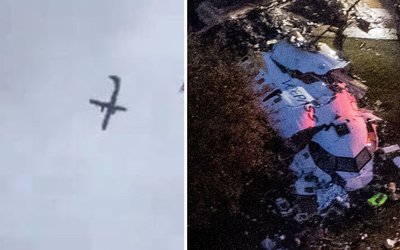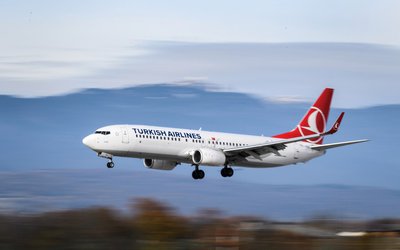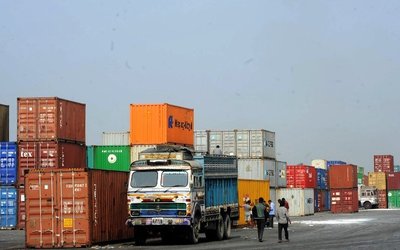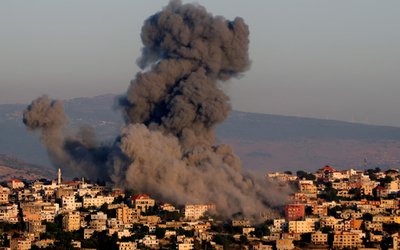
Boeing has sacked its chief executive Dennis Muilenburg following a year of intense scrutiny and industrial setbacks set off by two fatal crashes of its 737 MAX jetliner.
The company announced that chairman David Calhoun would take over as CEO and president from January 13, saying a change in leadership was necessary to restore confidence in the company. US aerospace giant Boeing has fired its CEO Dennis Muilenburg after a year of severe scrutiny and setbacks set off by two disastrous deadly crashes of its best-selling 737 MAX planes, that killed 346 people.
In a statement issued, Boeing announced that David Calhoun will replace Muilenburg as company’s Chief Executive Officer. Calhoun officially takes over on January 13.
The plane maker explained that the step was “necessary to restore confidence” in the firm as it struggles to restore trust of investors, clients, and aviation regulators.
“Under the Company’s new leadership, Boeing will operate with a renewed commitment to full transparency, including effective and proactive communication with the FAA, other global regulators and its customers,” Boeing’s press release reads.
The US Federal Aviation Administration ordered the grounding of all 737 MAX models in March, grudgingly following the lead of countries around the world after the fatal crash of Ethiopian Airlines Flight 302 killed 157 people. Five months earlier, a 737 MAX of Indonesia’s Lion Air crashed in the same manner, killing 189 passengers and crew.
Since then, almost 400 MAX jets have been stuck on the ground, and Boeing has manufactured 400 more, which it cannot deliver to customers anywhere. The FAA review is still ongoing, amid a number of revelations suggesting that flaws with the MAX’s control software were long known to the company and its test pilots.
Muilenburg became CEO of the aerospace giant in July 2015. Earlier this year he was stripped of the chairman title as Boeing decided to separate the two roles and David Calhoun took over the position.The 737 MAX has been grounded since March, after crashes in Indonesia and Ethiopia within five months of each other killed 346 people and cost the plane manufacturer more than $US9 billion ($13.1 billion)
Credit: Global Travel Industry News
- Nepal Electricity Authority Exported Electricity worth Rs 12.72 billion to India in four months
- Nov 25, 2024
- Nepal’s Export Trade Improves Since Mid-October
- Nov 25, 2024
- Weather Forecast: Light Rain Is Likely In One Or Two Places Of Hilly Regions of Bagmati, Koshi And Gandaki Provinces
- Nov 25, 2024
- CoAS Of India General Upendra Dwivedi Returned Home
- Nov 24, 2024
- Rasuwagadhi And Sanjen Begin Generating Electricity
- Nov 24, 2024
















